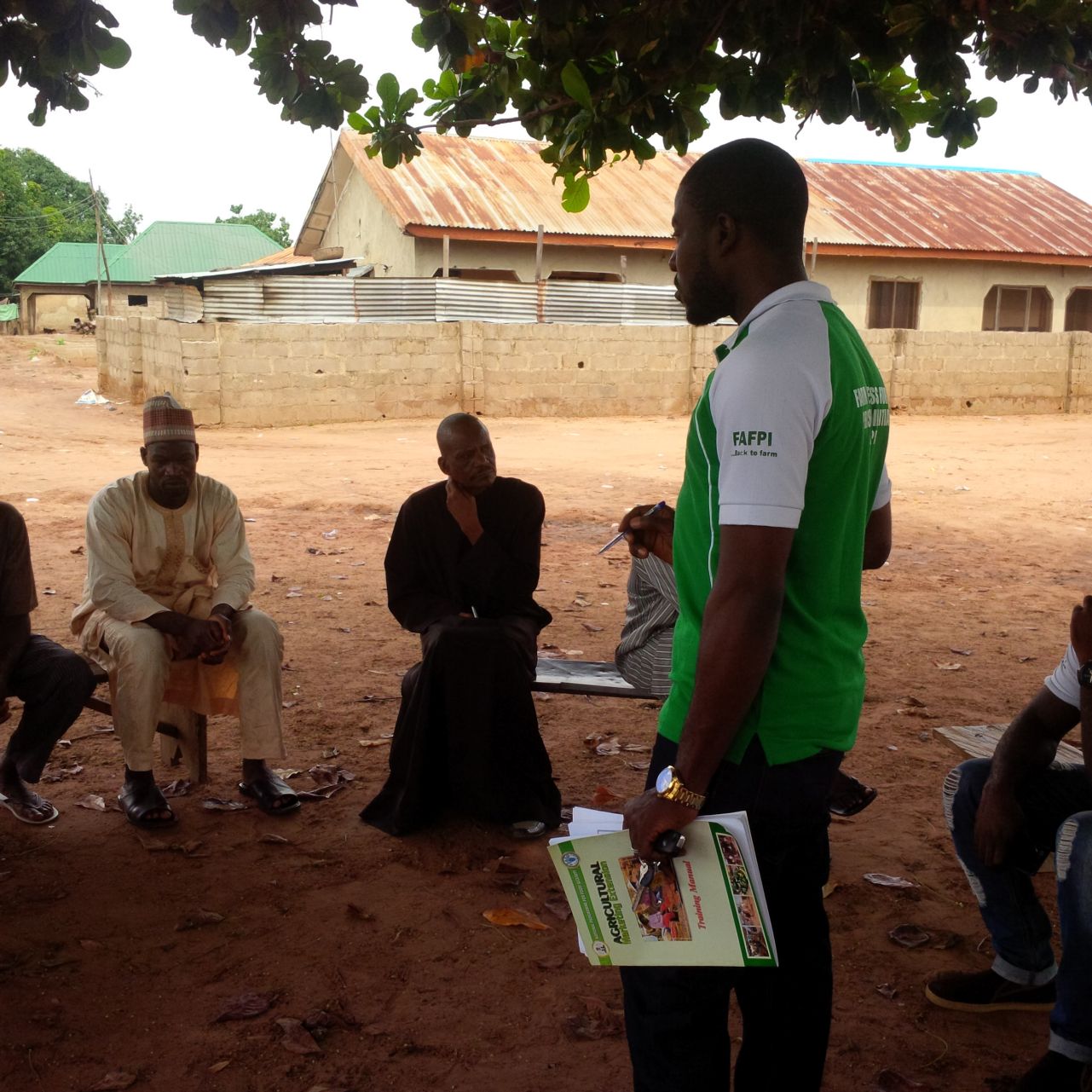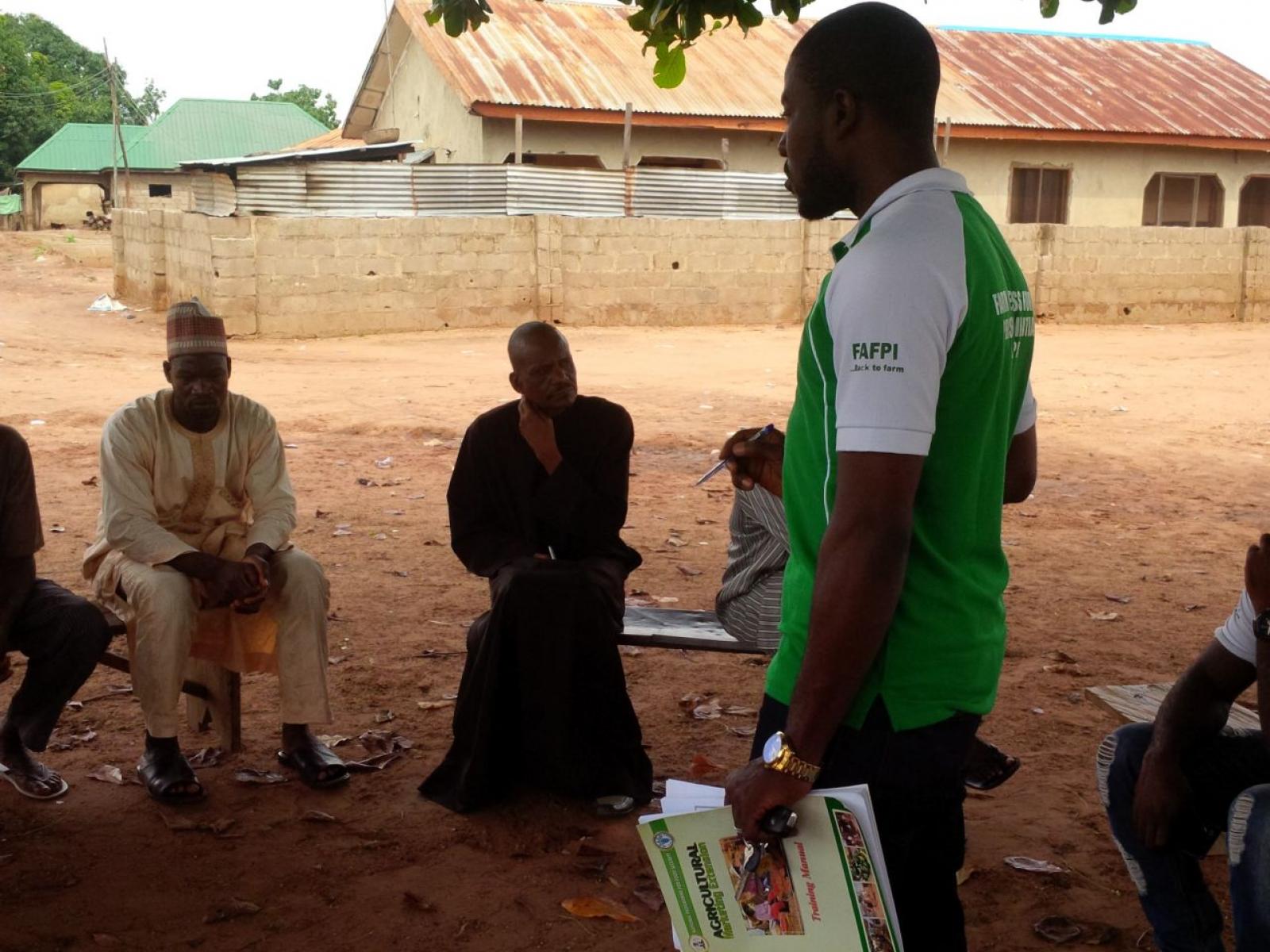An Overview Of Our Solution
- Population Impacted:
- Continent: Africa
Organization type
Population impacted
Size of agricultural area
Production quantity
People employed
Describe your solution
Describe your implementation
External connections
What is the environmental or ecological challenge you are targeting with your solution?
Describe the context in which you are operating
In our country Nigeria with a population of about 180 million, farming is left in the hands of the old people mostly with the average age of 65 years. This group of people managing the food produced in our great nation is dangerous and will affect us in the long run if not corrected. The environmental practices of the oil exploration companies have also contributed in removing the attention of the people from researching and developing our agricultural sector. It also has an advert effect on the ecology where we see water and environmental pollution. The rigorous ways of farming which is through manual methods is so discouraging and reduces anticipated production. Unstable Government policies which comes as a result of different political parties not continuing with past administration and quest to do new things has greatly affected agricultural development and have led to much abandoned agriculture projects in Nigeria. In all these Nigeria is blessed with arable land and human resources which we can harness to minimize post-harvest loss and bring about food security that will sustain the nation.
How did you impact natural resource use and greenhouse gas emissions?
Language(s)
Social/Community
Water
Food Security/Nutrition
Economic/Sustainable Development
Climate
Sustainability
Our solution will greatly reduce post-harvest loss which is as a result of unavailability of storage facilities for harvest and late purchase and consumption of the farmer’s harvest. This solution to the problem of post-harvest loss and providing market for the farmers have reduced loss that discourages the farmers from farming. Instead it has maximized the profit realized from doing agriculture business. More also our solution creates employment for the youths in communities who volunteers to work as extension officers in the communities. The solution relies on grant funding and market based revenue support to sustain and develop its scale in other communities.
Return on investment
Entrant Banner Image

